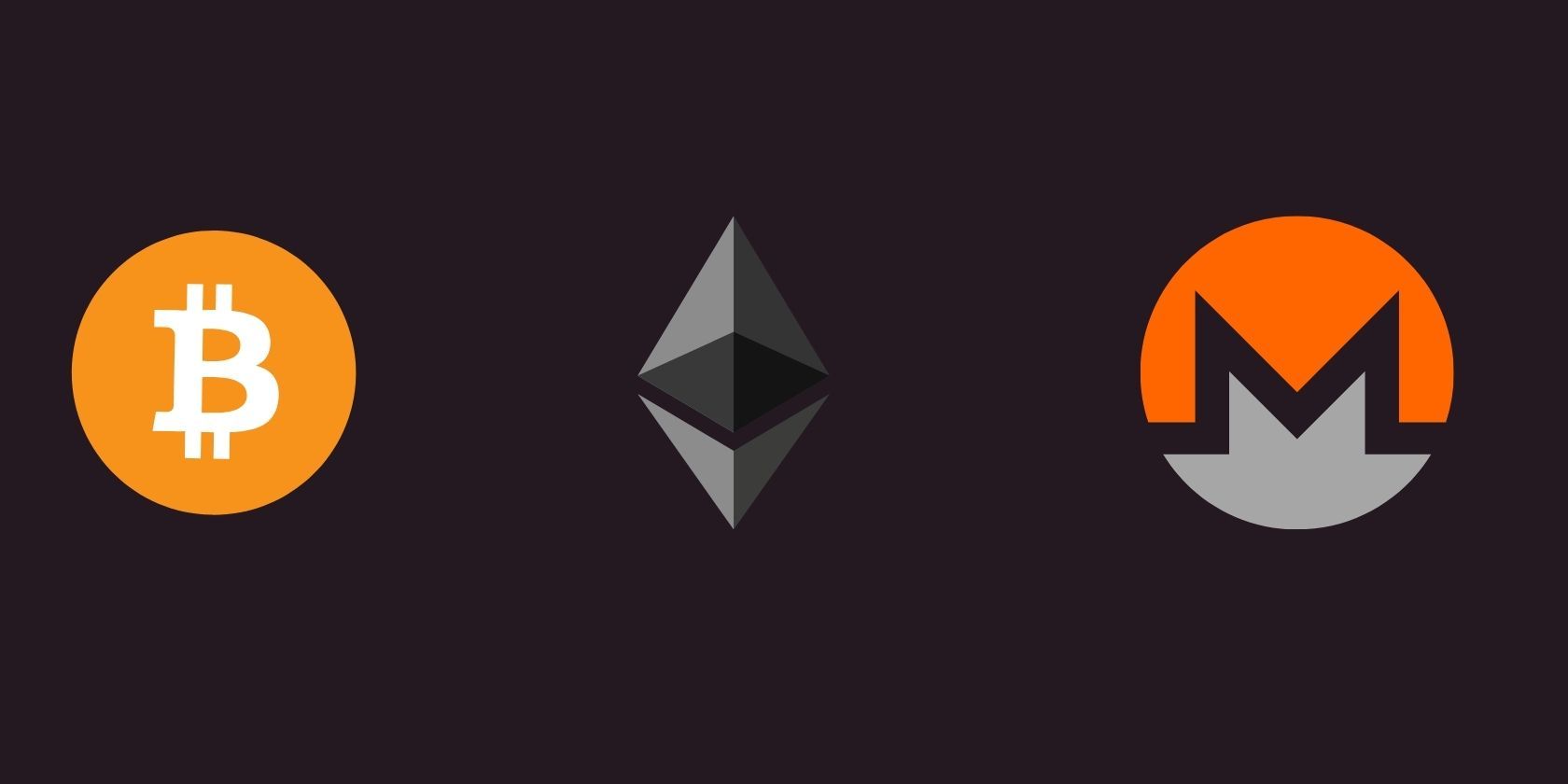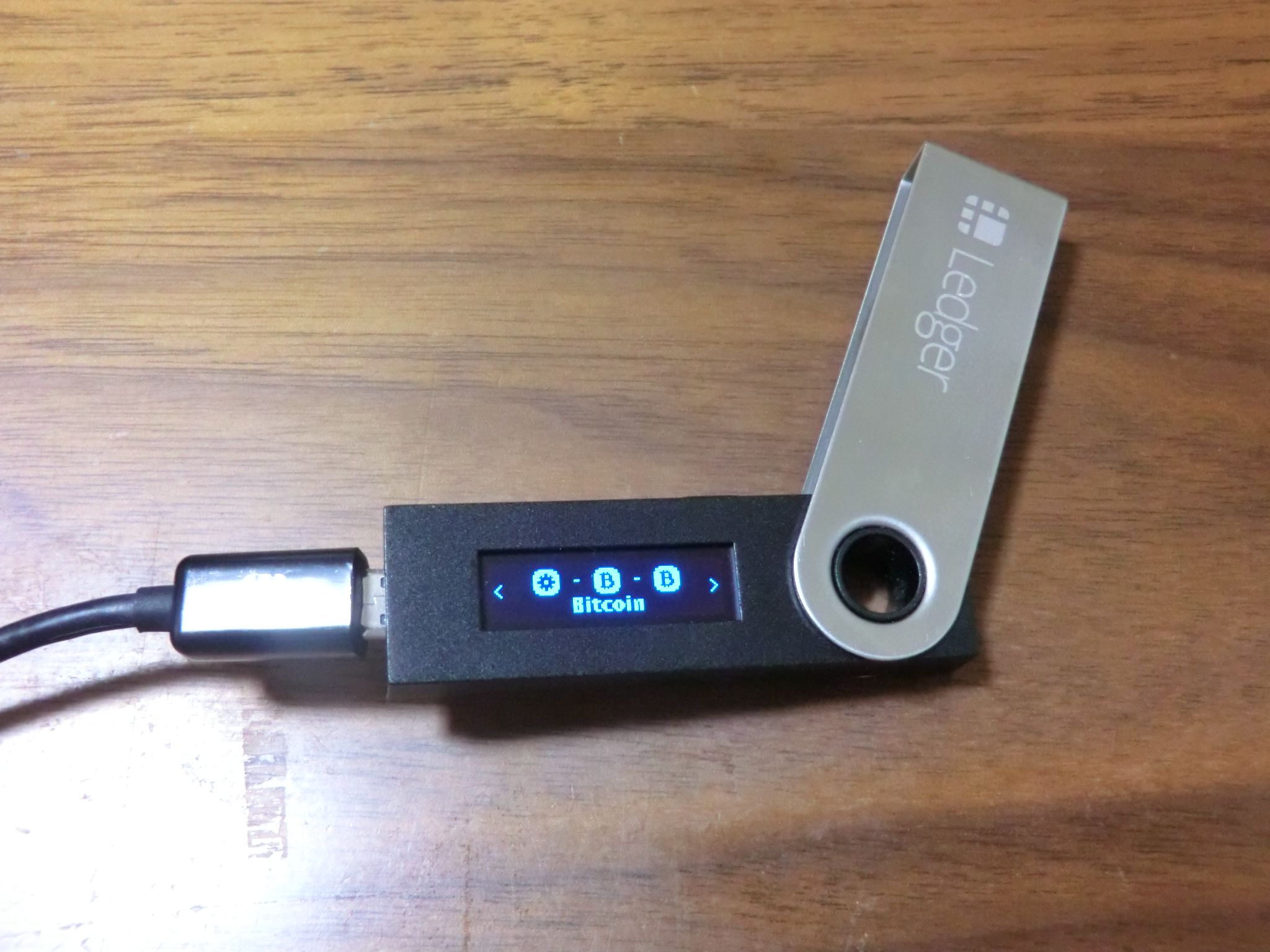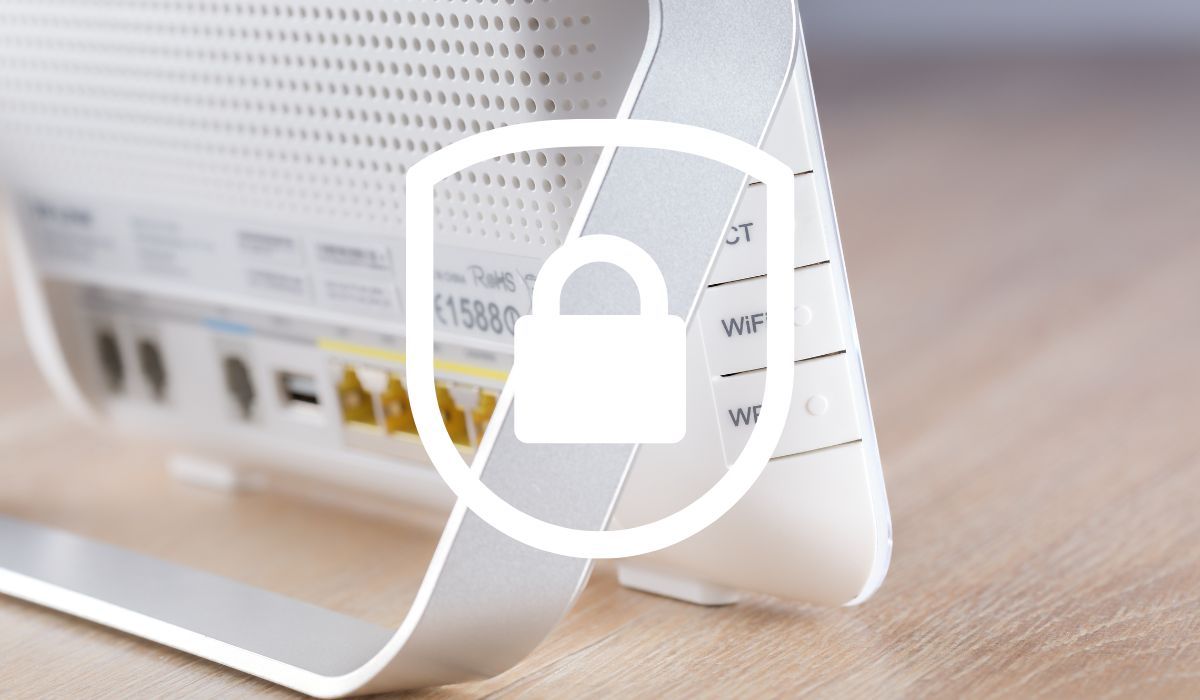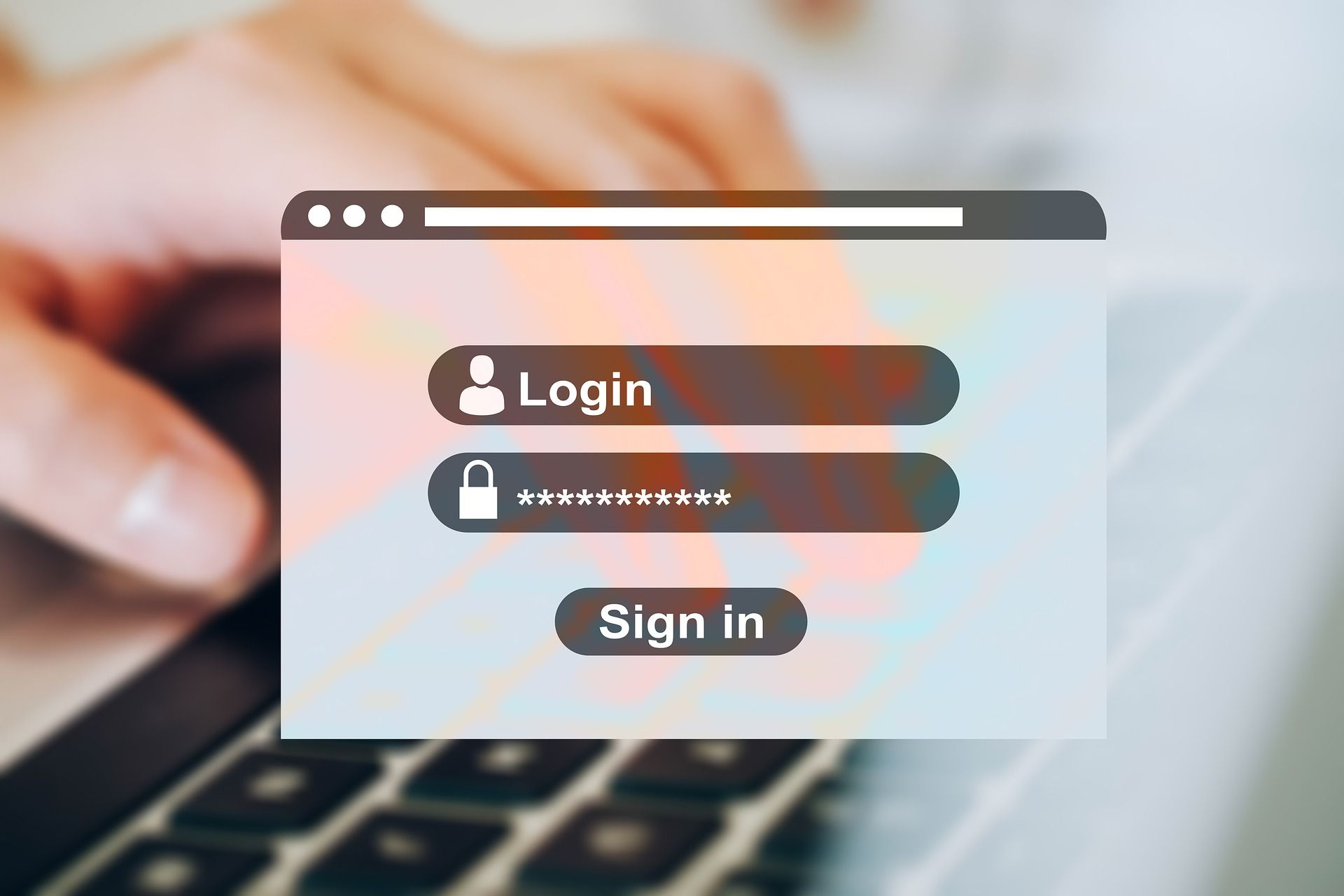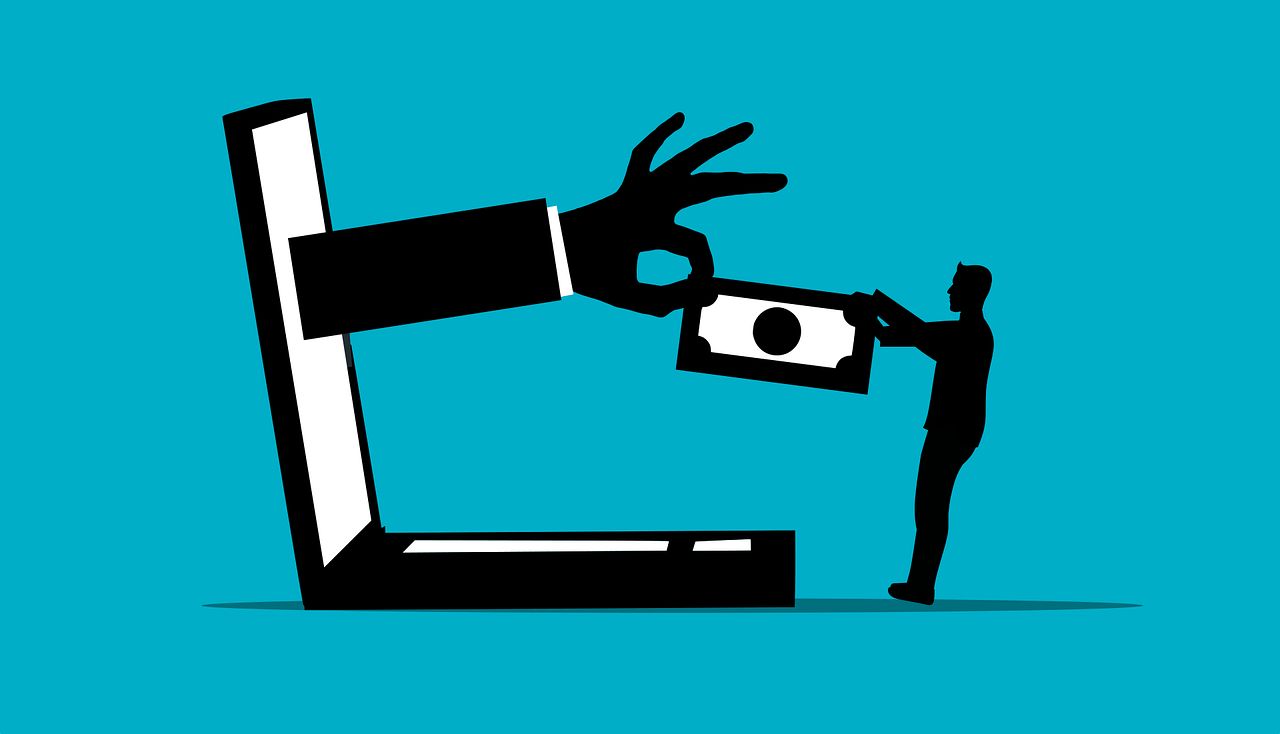Since the invention of Bitcoin in 2009, the global cryptocurrency market has grown at a stunning pace, attracting investors from all walks of life. But the crypto markets are still in their infancy; hardly regulated, extremely volatile, and a perfect breeding ground for scammers and cybercriminals.
As any serious trader knows, securing your cryptocurrency is absolutely imperative. So, what are the best ways to secure your crypto?
1. Trade on Reputable and Safe Exchanges
Crypto is usually bought and sold on exchanges, just like stocks are. There are hundreds of cryptocurrency exchanges, and dozens of them have high trading volume.
However, only a select few can be considered truly safe: Kraken, Gemini, Coinbase, Crypto.com, and Binance are arguably the best and safest crypto platforms out there.
Kraken is available in almost all countries and has a dedicated team of cybersecurity researchers. Gemini is regulated by the New York State Department of Financial Services and hyper-focused on security, while Coinbase and Crypto.com both showed exceptional transparency when they suffered breaches.
All the above-mentioned cryptocurrency exchanges are secure, have solid cybersecurity infrastructures, and store user crypto at dedicated facilities that are geographically distributed and heavily surveilled, some by armed guards.
2. Store Your Crypto in Multiple Cold Wallets
If you trade crypto, as opposed to just holding it, keeping most of it in exchange may seem like the best option, but it is definitely not a good idea from a cybersecurity perspective. While it is true there are safe exchanges, breaches do occur, and some platforms halt withdrawals on a whim, especially during downturns.
Clearly, the smartest option would be to store your crypto independent of exchanges: in multiple wallets, preferably cold or hardware wallets.
As safe as some software wallets are, cold wallets are superior in pretty much every way, at least when it comes to cybersecurity, since they are not even accessible via the internet.
Ideally, you should distribute most of your crypto across multiple cold wallets, and keep only a small portion of it in a software wallet, or on an exchange if you are a trader.
3. Use Secure Internet
This may seem like an obvious tip, but using secure internet to log into your crypto accounts goes beyond avoiding public Wi-Fi networks and staying away from suspicious sites.
Presumably, you will do most of your crypto trading from home, which means you should at least set up a basic security infrastructure.
For a start, check if your internet is secure by testing your firewall for weaknesses, and make sure your anti-malware software is set up properly and up to date.
Next, create a strong password for your wireless router—most of them come with default passwords. Enable network encryption, disable network name broadcasting, and make sure to always keep your router software up to date.
For maximum safety, consider investing in a Virtual Private Network (VPN). A good VPN will encrypt your communications and hide your online activities from potential intruders, while hiding all cryptographic activities from your Internet Service Provider (ISP).
And lastly, if possible, use a single dedicated device to access your cryptocurrency assets online as to minimize the chances of a breach.
4. Use Two-Factor Authentication and Multiple Passwords
In a 2020 poll from the American cybersecurity firm Digital Guardian, 61 percent of respondents said they use the same password across multiple websites, though one in five admitted to experiencing an online account compromise.
At the same time, 89 percent of respondents in the poll said they felt confident in their password management practices.
But using the same password on multiple platforms is a no-go, and about the worst thing you could do for your online account security in general.
If you want to keep your crypto safe, make sure to use complex, unique passwords—and change them periodically, at least a few times a year. If you struggle to remember your passwords, don't store them in plain text. Instead, consider getting a secure password manager.
The good news is that the vast majority of crypto exchanges and other similar platforms nowadays have two-factor authentication, or even multi-factor authentication.
These authentication methods require the user to provide at least two verification factors (e.g. SMS code) to gain access to their account, which obviously makes breaches far less likely.
5. Beware of Scams
Crypto is decentralized and unregulated, so scammers of all stripes are attracted to it.
In fact, according to data from blockchain analytics firm Chainalysis, $7.7 billion worth of cryptocurrency was taken from victims in 2021 alone. This represents a shocking rise of 81 percent compared to the previous year.
Scammers use a wide variety of tactics to steal money, from creating rug-pulls and Ponzi schemes, over promoting fake crypto giveaways, to setting up fraudulent websites.
Phishing attacks (when a cybercriminal tricks a person into revealing sensitive information) are fairly common as well, so one can never be too careful.
To protect yourself from these scams, make sure you never click on suspicious links, stay away from supposed giveaways on social media, and always double-check any crypto website or app.
Set up a secure cyber environment, keep an eye out for threats, and deal exclusively with well-known crypto entities.
How to Protect Your Cryptocurrency
Securing your crypto may seem like a daunting and time-consuming task, but taking a proactive approach to cybersecurity pays off in the long run.
Preventing damage instead of merely mitigating it is preferable for obvious reasons, especially when money and digital assets are involved. By trading on safe exchanges, distributing your assets across multiple cold wallets, using secure internet, employing multi-factor authentication, and staying vigilant you should be able to reduce the risk of a breach to a minimum.
Still, even if you do everything by the book, the risk is never zero: there is always a chance of being targeted by cybercriminals and having your information compromised, so make sure to have a solid incident response plan in place as well.

